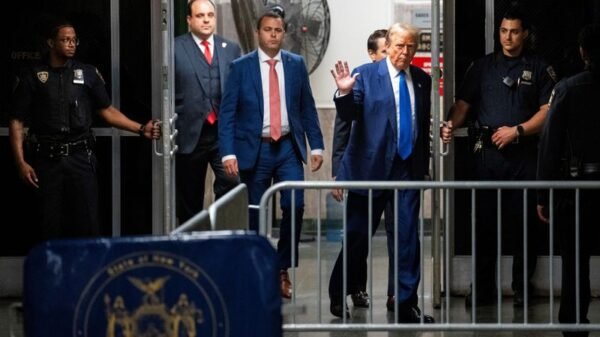Inflation outweighs financial concerns as central bank tightening continues. Despite widespread warnings about the economic implications of recent banking sector stress, global monetary officials focus on inflation and the need to maintain rising interest rates.
Top officials at the International Monetary Fund are concerned about a worldwide meltdown, bond markets are signaling a recession, and policymakers are watching banking data and industry leaders for signs of disaster.
Nonetheless, three of the world’s four main central banks are expected to hike interest rates at their next meeting, which U.S. markets expect would pave the way for borrowing cost reduction when recession strikes.
On Tuesday, IMF officials lowered their global growth forecast. Still, they said “plausible” scenarios, such as the recent failures of Silicon Valley Bank and Signature Bank in the U.S. and the forced merger of Credit Suisse, could cut growth even further. In addition, more serious banking problems and tighter credit could stall the global economy.
Notwithstanding recent financial turmoil, monetary officials appear ready to do more to fight excessive inflation, which they still perceive as the larger risk.
Last week, Huw Pill, the Bank of England’s senior economist, warned that inflation risks were “skewed strongly to the upside.”
Pill stated that the “possible persistence of domestically produced inflation” prevented the U.K. from meeting the 2% objective despite headline inflation falling above 10%, the highest in the industrialized world.
Europe and the U.S., which share a 2% inflation objective and a feeling that price hikes have stalled, face a similar problem.
Japan is the anomaly, where long-stagnant inflation and wage growth are finally changing. At his debut press conference on Monday, Bank of Japan Governor Kazuo Ueda highlighted the necessity for ultra-loose monetary policy to uphold a 2% inflation objective.





























































Comment Template